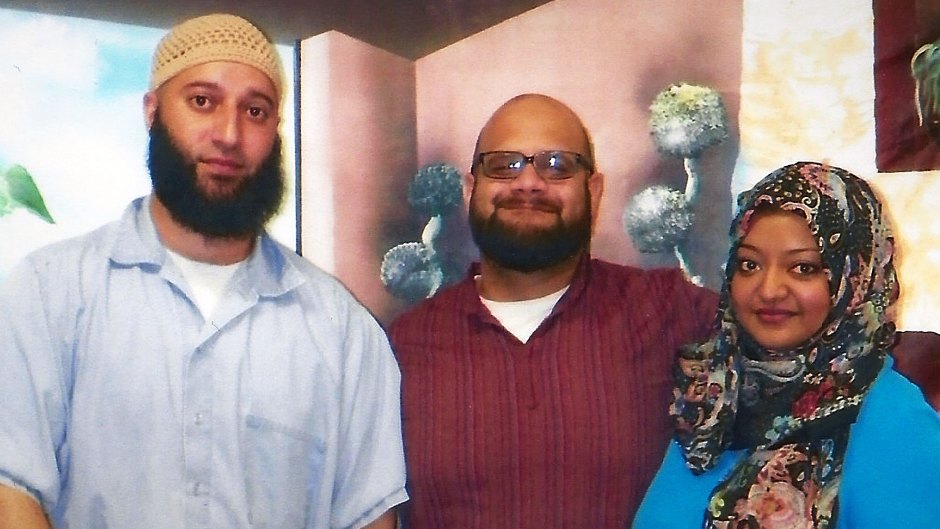
HBO
Adnan Syed Has ‘Another Setback’ as United States Supreme Court Declines His Appeal
The fight to overturn his conviction continues. Adnan Syed, whose criminal case was looked into on the popular podcast “Serial,” met another roadblock as he attempts to prove his innocence in the 1999 murder of his ex-girlfriend Hae Min Lee. On Monday, November 25, the United States Supreme Court revealed they denied his Petition for Writ of Certiorari. That means they’ve declined to hear his appeal to the Supreme Court, effectively upholding the decision made by a lower court.
The decision was one of many released by the Supreme Court and was included without additional notes. Colin Miller, a co-host of the podcast “Undisclosed,” which examined Syed’s case over the years, shared the news on Twitter. “The Supreme Court has denied cert in the Adnan Syed case,” he wrote. Amy Berg, an executive producer and the director of the HBO docuseries The Case Against Adnan Syed, added, “Another setback. This sucks.”

The ruling the Baltimore native was attempting to appeal was the March 2019 decision made by Maryland’s highest court to uphold Syed’s 2000 conviction. According to The Baltimore Sun, the Court of Appeals voted 4-3 that, though Syed’s counsel had been “deficient” in his initial trial, it wasn’t enough to prejudice him. In other words, his legal attorney did not offer him the best representation, but they ultimately didn’t think it made a difference in the verdict the jury reached. Instead of weighing in on this ruling, the United States Supreme Court declined to review it at all.
So what does that mean for Syed’s case going forward? Miller, who is also an Associate Dean and Professor at the University of South Carolina’s School of Law, suggested in a blog post that, because he can’t go further with his post-conviction relief petition based on ineffective assistance of counsel, Syed could file an appeal based on ineffective assistance of his post-conviction counsel. Instead of arguing his lawyer at his initial trial offered ineffective assistance, he could instead argue his post-trial attorneys did so.
Miller also suggested Syed and his team could file a petition for a writ of habeas corpus in federal district court or an actual innocence claim in Maryland state court. He could also petition for more DNA testing to be done on evidence found at or near the crime scene. And in 2024, he may be eligible for parole. The U.S. Supreme Court declining to hear his appeal may be a “setback,” but it’s clear Syed and his supporters plan to keep fighting.
Conversation
All comments are subject to our Community Guidelines. In Touch Weekly does not endorse the opinions and views shared by our readers in our comment sections. Our comments section is a place where readers can engage in healthy, productive, lively, and respectful discussions. Offensive language, hate speech, personal attacks, and/or defamatory statements are not permitted. Advertising or spam is also prohibited.



































